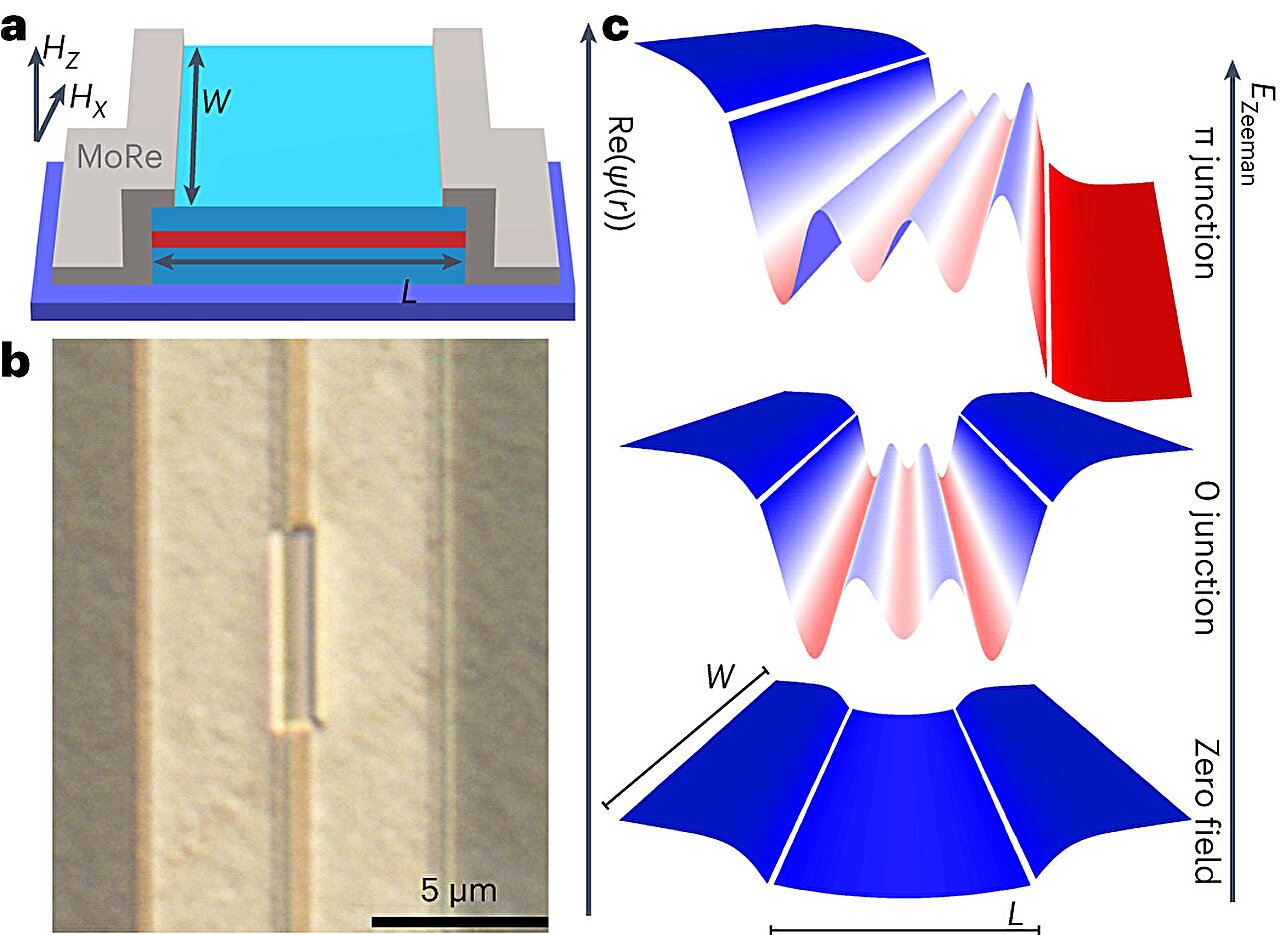
An international team of researchers has succeeded in creating a special state of superconductivity. This discovery could advance the development of quantum computers.

Miassite is one of only four minerals found in nature that act as a superconductor when grown in the lab. It is an unconventional superconductor with properties similar to high-temperature superconductors.

Scientists have found naturally occurring superconducting materials in extraterrestrial objects for the first time, discovering superconductive grains embedded inside two distinct meteorites that crash-landed on Earth.

A breakthrough in creating high temperature superconductors could yield faster development of nascent fusion energy which has been positioned as carbon-free alternative for energy generation.

Physicists surprised when their theoretical model pointed to the existence of a never-before-seen material in a different realm of physics -- that of topological quantum materials.

A potential new state of matter is being reported with research showing that among superconducting materials in high magnetic fields, the phenomenon of electronic symmetry breaking is common.

Two-dimensional quantum materials with novel electrical and magnetic attributes have been fabricated by physicists.

The intrinsic ability of graphene to superconduct has been activated for the first time. This further widens the potential of graphene as a material that could be used in fields such as energy storage, high-speed computing, and molecular electronics.

Researchers at Cornell University have engineered a new magnetic material that could potentially make electronics 100 times "greener". Could this be the dawn of room-temperature superconductors?

Superconductivity promises to revolutionize our world with efficient transport, cheaper electricity, and even hoverboards. Although it's still a long road to that technology, a crucial theory has just been confirmed that could help.
Boeing has patented technology to 3D print objects while levitating in space. Boeing plans to 3D print aircraft parts using this technology.

New findings may eventually lead to a theory of how superconductivity initiates at the atomic level, a key step in understanding how to harness the potential of materials that could provide lossless energy storage, levitating trains and ultra-fast supercomputers.

In an effort to eliminate the cooling required for superconductivity, scientists have created a superconductor with a porous, 3D gyroidal structure.
Tel-Aviv University demos quantum superconductors locked in a magnetic field. For an explanation of the physics behind this demonstration, visit http://quantumlevitation.com/the-physics/.

(PhysOrg.com) -- Scientists have reached a crucial milestone that could lead to a new class of materials with useful electronic properties. In research reported in the Sept. 5 issue of Nature Physics, the team sandwiched two nonmagnetic insulators together and discovered a startling result: The layer where the two materials meet has both magnetic and superconducting regions – two properties that normally can’t co-exist.